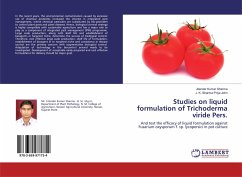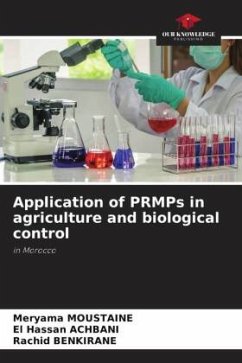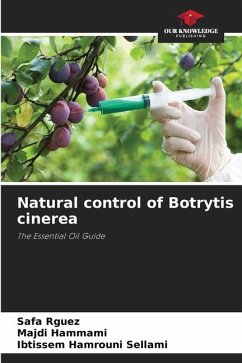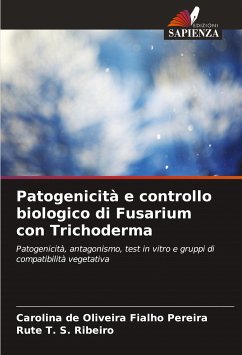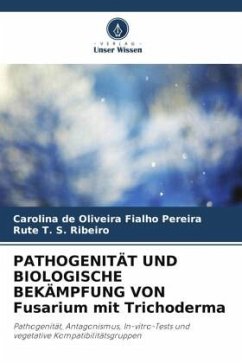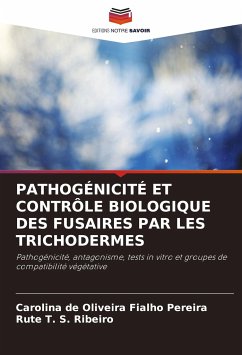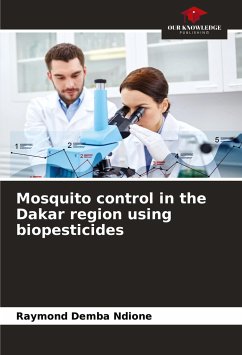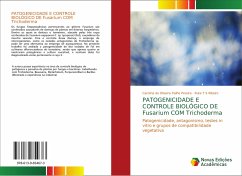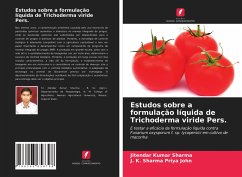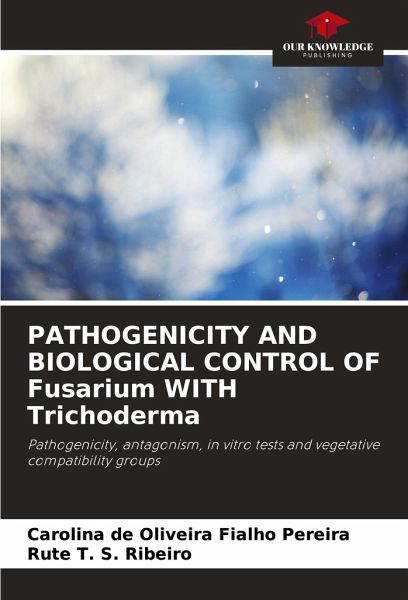
PATHOGENICITY AND BIOLOGICAL CONTROL OF Fusarium WITH Trichoderma
Pathogenicity, antagonism, in vitro tests and vegetative compatibility groups
Versandkostenfrei!
Versandfertig in 6-10 Tagen
36,99 €
inkl. MwSt.

PAYBACK Punkte
18 °P sammeln!
Phytopathogenic fungi belonging to the genus Fusarium are known to cause plant diseases in various hosts. One of these is the tomato plant, which is attacked by the three known races of Fusarium oxysporum f. sp. lycopersici (Fol), which cause vascular wilt. To control this disease, the use of microorganisms, such as antagonistic isolates of Trichoderma sp. can be an alternative to the use of agrochemicals. In the present study, the pathogenicity of ten isolates of Fol was evaluated on differentiated tomato cultivars, with only four proving to be pathogenic to susceptible cultivars, and none of...
Phytopathogenic fungi belonging to the genus Fusarium are known to cause plant diseases in various hosts. One of these is the tomato plant, which is attacked by the three known races of Fusarium oxysporum f. sp. lycopersici (Fol), which cause vascular wilt. To control this disease, the use of microorganisms, such as antagonistic isolates of Trichoderma sp. can be an alternative to the use of agrochemicals. In the present study, the pathogenicity of ten isolates of Fol was evaluated on differentiated tomato cultivars, with only four proving to be pathogenic to susceptible cultivars, and none of them was diagnosed as belonging to race 3.





